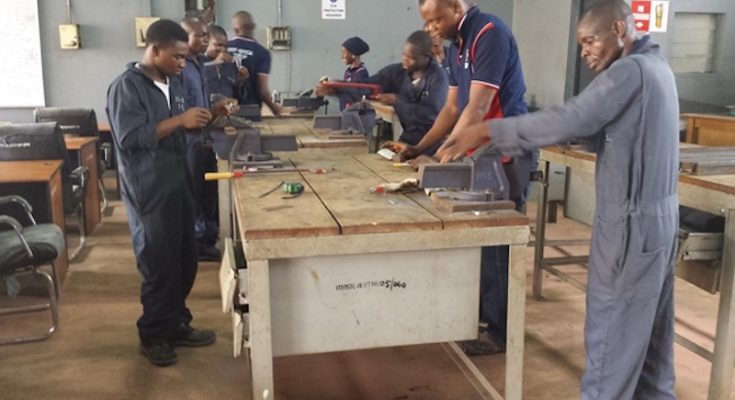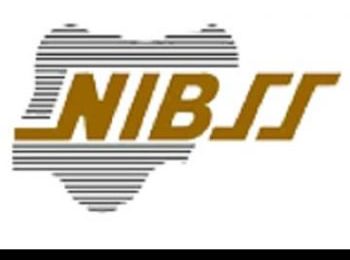
Tunji Alausa, Nigeria’s Education Minister, has revealed that the federal government intends to pay Nigerians who enroll in technical and vocational schools.
He made this announcement during his appearance on Politics Today, a Channels Television programme, on Tuesday.

Vocational schools in Nigeria focus on training students in practical skills that lead to direct employment, entrepreneurship, or further technical education.
These schools offer certifications in areas such as carpentry, welding, electrical installation, plumbing, ICT, fashion design, and more.
Regulated by the National Board for Technical Education (NBTE), these institutions typically enroll junior or senior secondary school leavers.
Alausa outlined the ministry’s strategy to bridge Nigeria’s human capacity gaps through vocational skills aimed at stimulating economic growth.
The plan includes four key steps to increase enrolment in vocational schools, such as offering financial incentives for students and implementing structural reforms to ensure successful learning outcomes.
ALSO READ: Court adjourns Yahaya Bello’s trial to April 3
“We want to now bring this pool of workers back,” Alausa said, referring to the government’s efforts to reverse the ongoing emigration of Nigeria’s skilled workers to the global north in search of better living conditions.
He emphasised the importance of vocational education in achieving this goal, stating, “In the UK or the US today, a plumber earns more than a doctor.”
The minister shared details of the government’s plan, saying, “We would pay students to go to those schools. We’ve modelled how much we’re going to pay them when we roll the programme out. We’ll be announcing that soon.”
Alausa also highlighted the importance of hands-on training, stating that 80% of vocational education will focus on practical skills, with 20% dedicated to theoretical learning. The government plans to engage master craftspersons from large, medium, and small industries to mentor trainees.
“We’ll ask you how many students you can train, 10 students? We’ll give you 10 students and we’ll pay for each. We’ll pay you for each of those students every month,” he said, adding that a nationwide monitoring system will ensure quality training.
To further ensure quality training, the ministry will recruit 774 performance monitor officers, one for each local government, to oversee students’ progress.
The education ministry has developed a framework for vocational education that categorizes institutions into skill training centres, vocational enterprise institutes, and state/federal technical colleges.
“For the skill training centre, it will be six-month training and that will be open to people who dropped out of school, didn’t finish primary school, or didn’t complete their JSS,” Alausa explained.
The curriculum will be tailored to meet labor market needs based on a comprehensive skills gap analysis.
Additionally, Alausa mentioned that President Bola Tinubu has tasked him with working closely with the CEO of the Bank of Industry to provide single-digit loans for trainees.
“Our educational system is transitioning from a resource-based economy to a knowledge-based economy,” the minister concluded.








